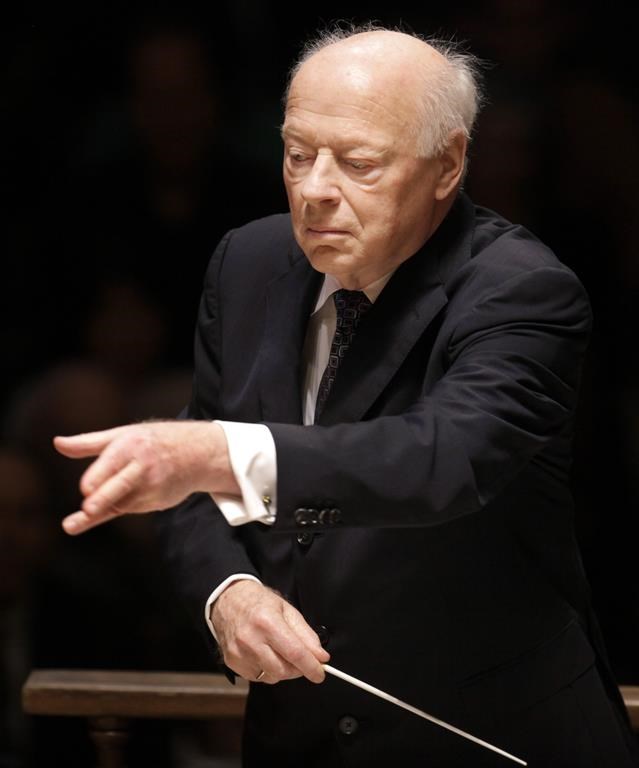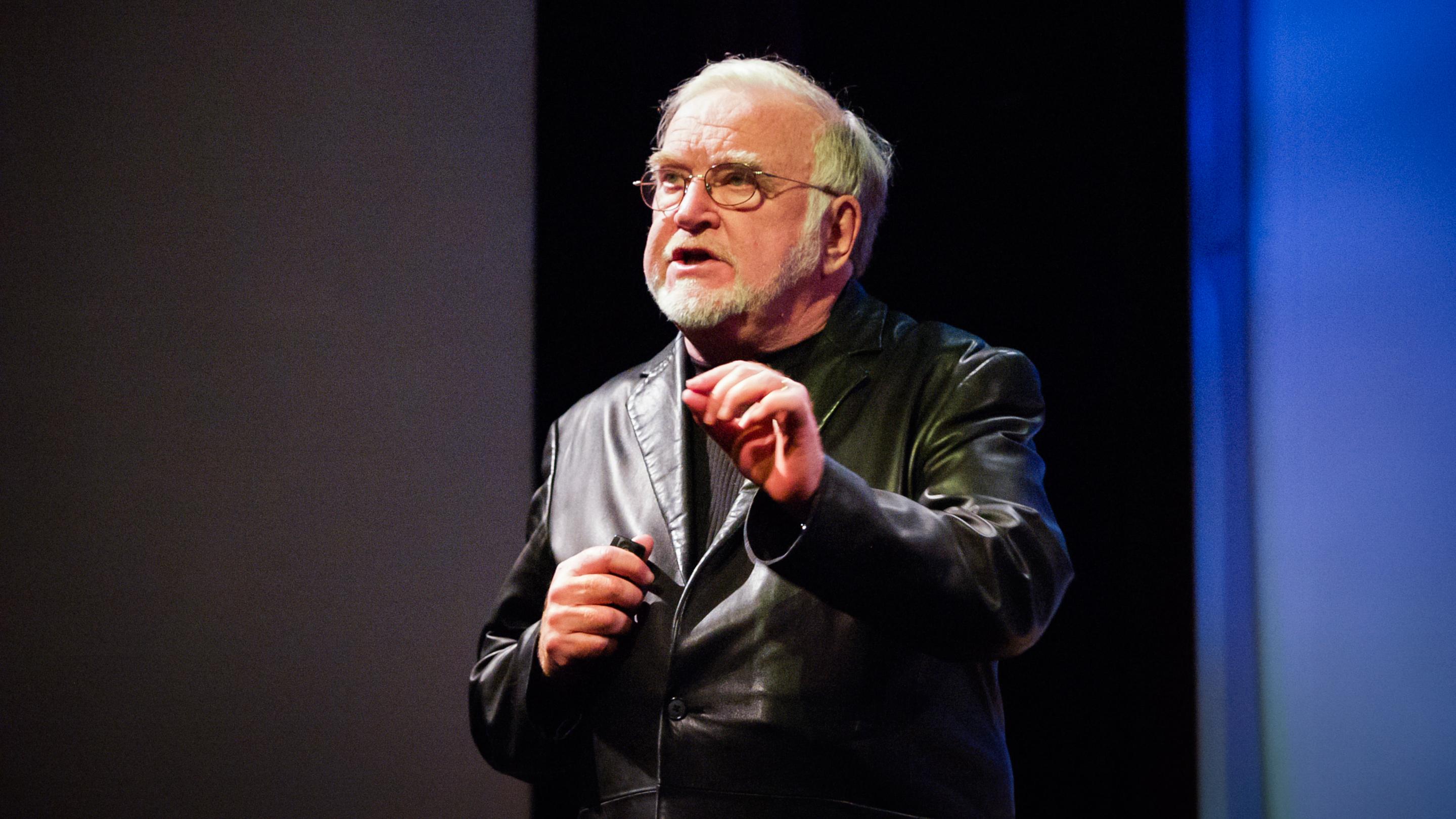I had a mild case of covid-19 this past week. I was stuck at home for a week. I'm fine now. There are 3 thoughts I take away from the experience:
(1) I was glad I'm someone who buys extras of things like food. Some people will act like you're being ridiculous if you stock up, but they're being short-sighted. Sometimes you won't realize what a good idea it was until after you've done it. (See Gretchen Rubin on "over-buyers" vs. "under-buyers.")
(2) I'm part of New York's current increase in covid, which seems to be resulting from covid measures being loosened in the state: people are going around without masks a lot more, restaurants aren't checking if people are vaccinated, etc. This has been leading to more hospitalizations, and if that keeps going up it could prevent people from getting medical treatment even for things that have nothing to do with covid.
(3) I'm so glad I'm vaccinated and boosted! That likely kept my illness as mild as it was — similar to a cold. It's amazing that we live in a time when so much progress on a pandemic is being made so quickly. In past pandemics, it's sometimes taken years before they even figured out what virus was killing people! No other vaccine has ever been developed so soon after a virus was discovered. People get frustrated at the lack of perfect consistency, total certainty, or 100% effectiveness. But that's what science is always like — it's never perfect. We're just not used to living through the scientific process in real time, with this much scrutiny and so much at stake. We should be grateful for what we have, and use it well.



